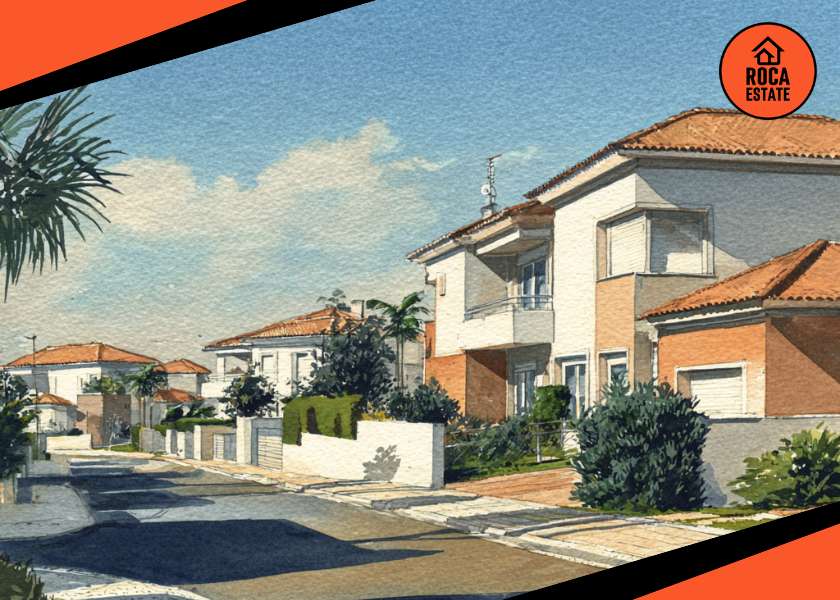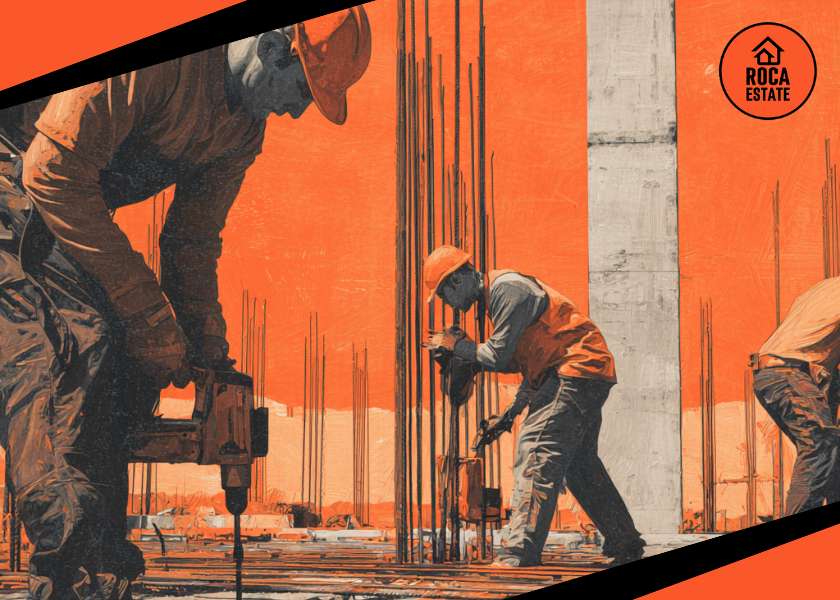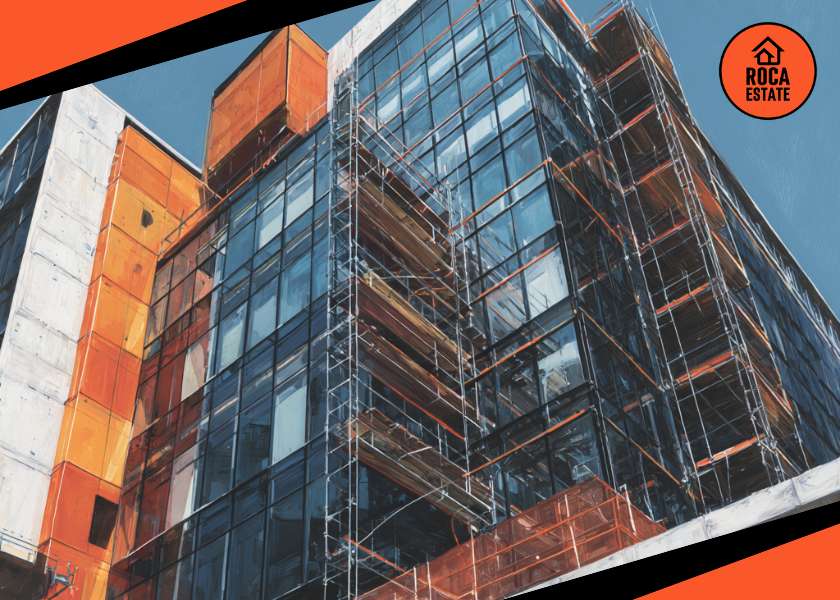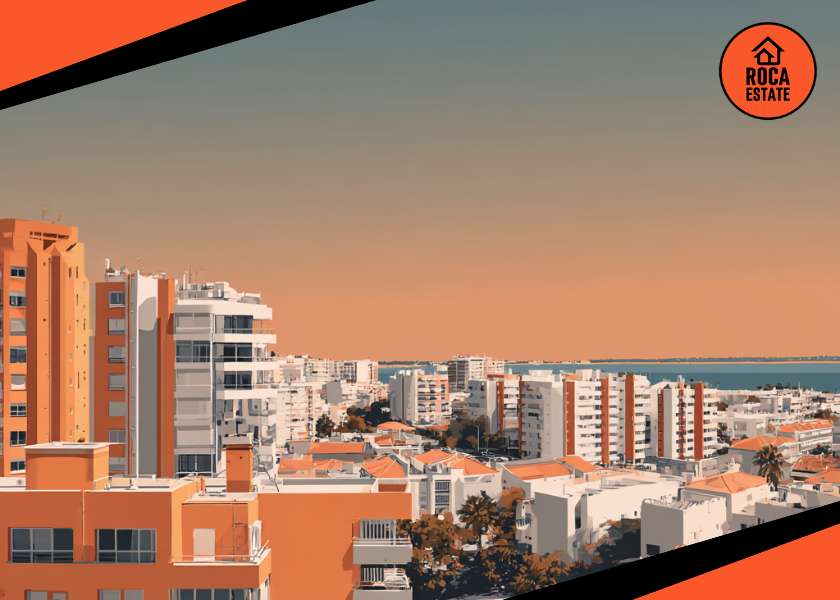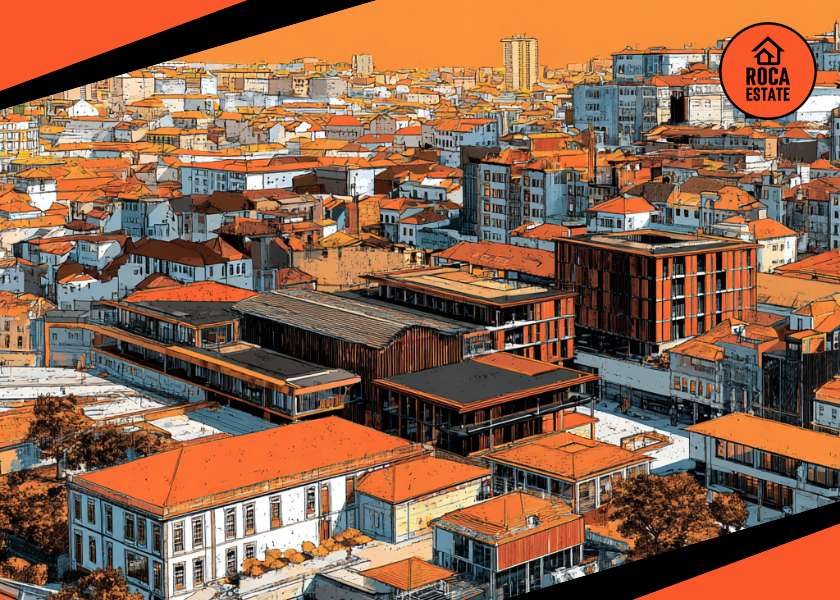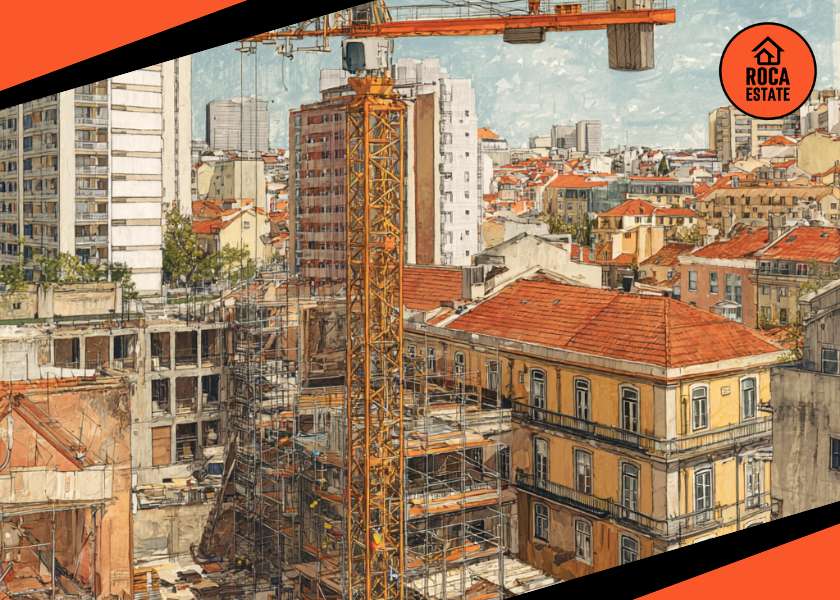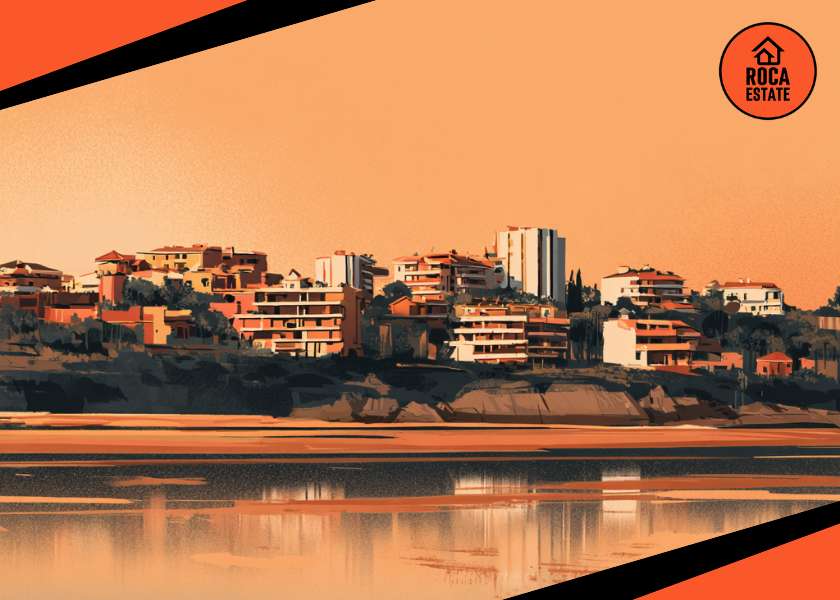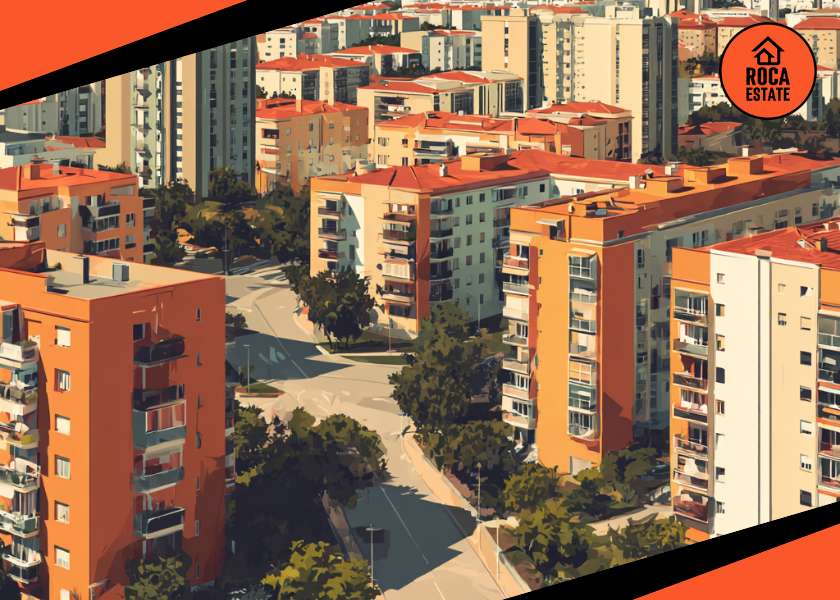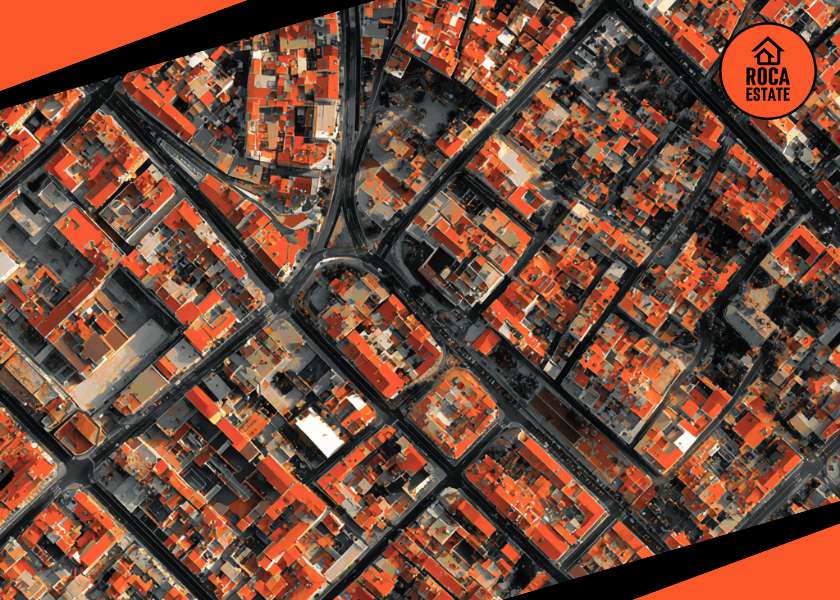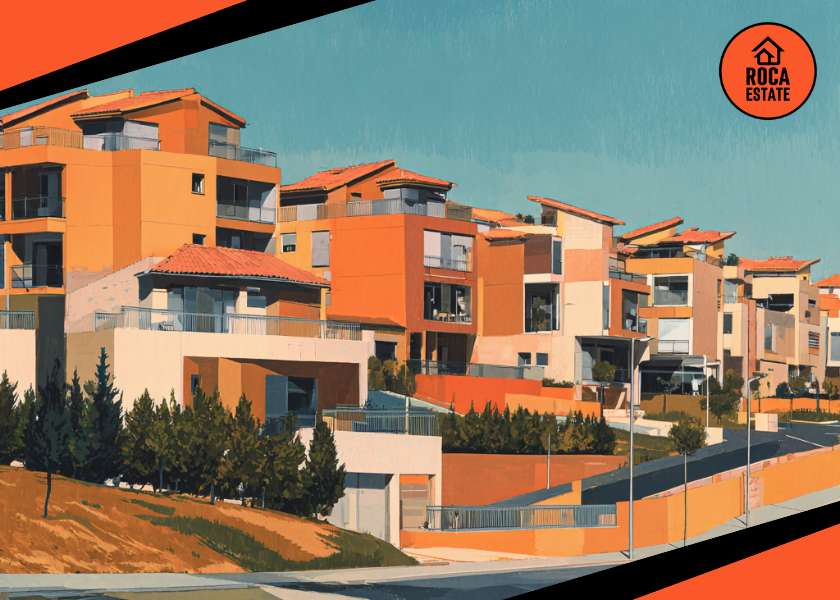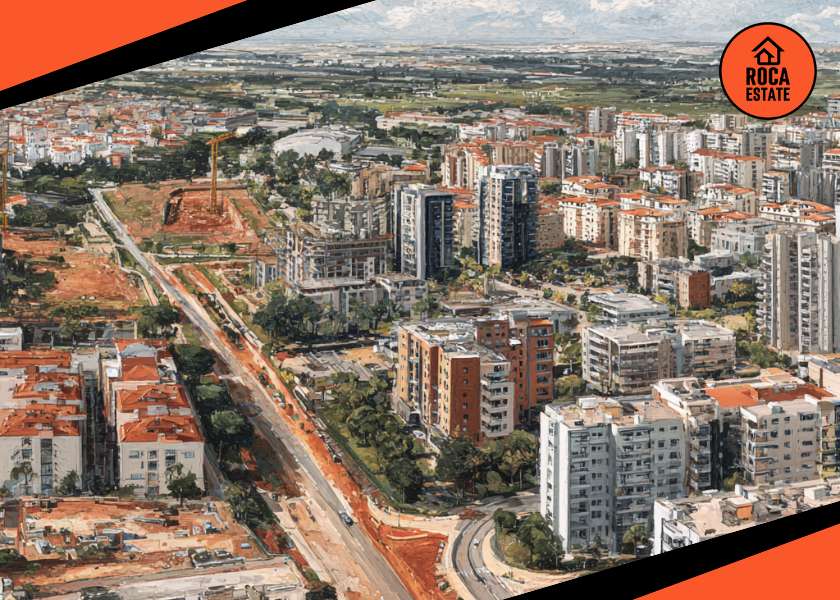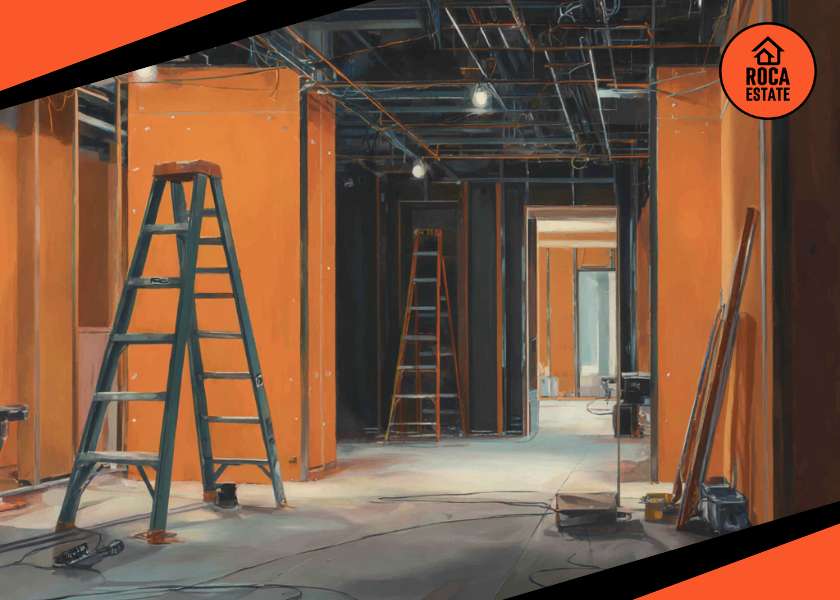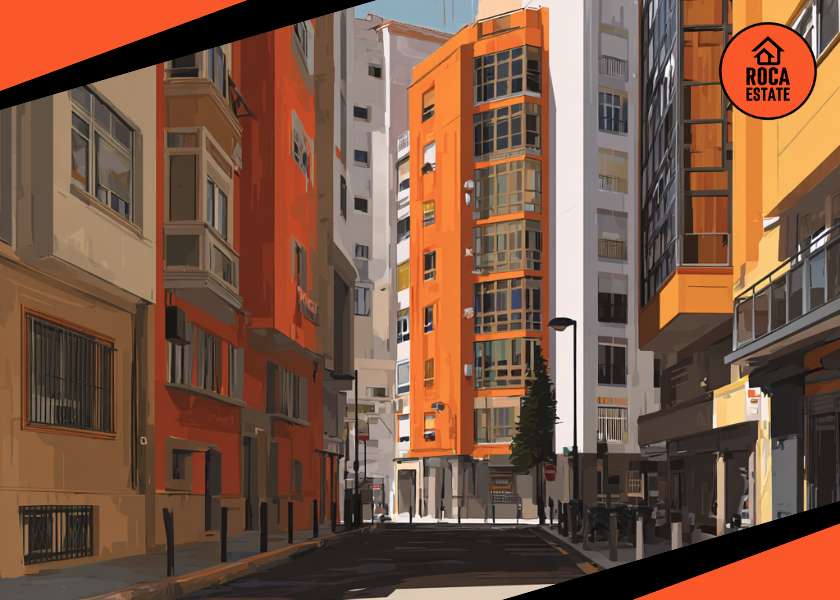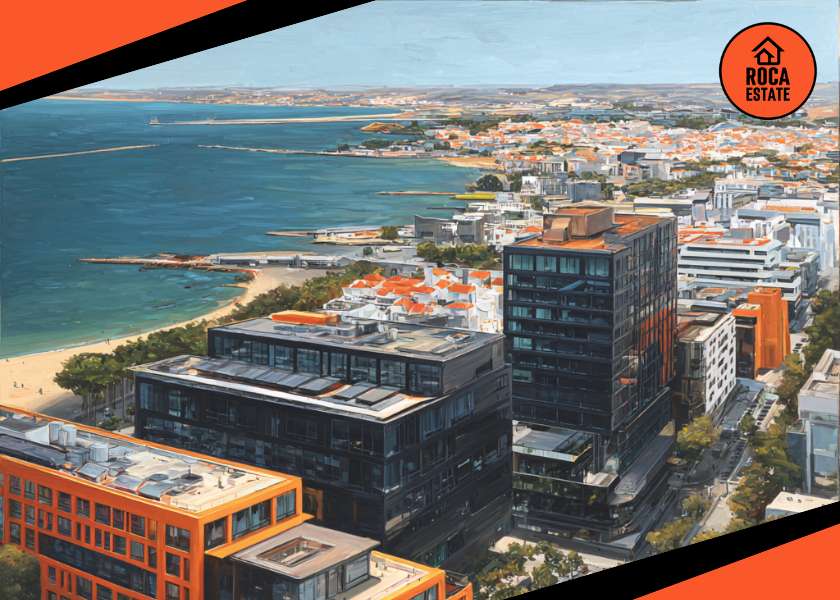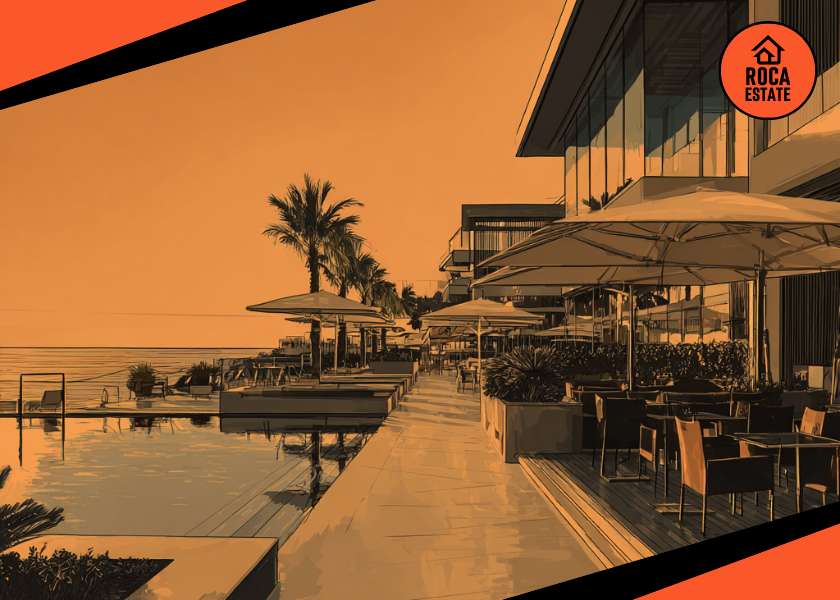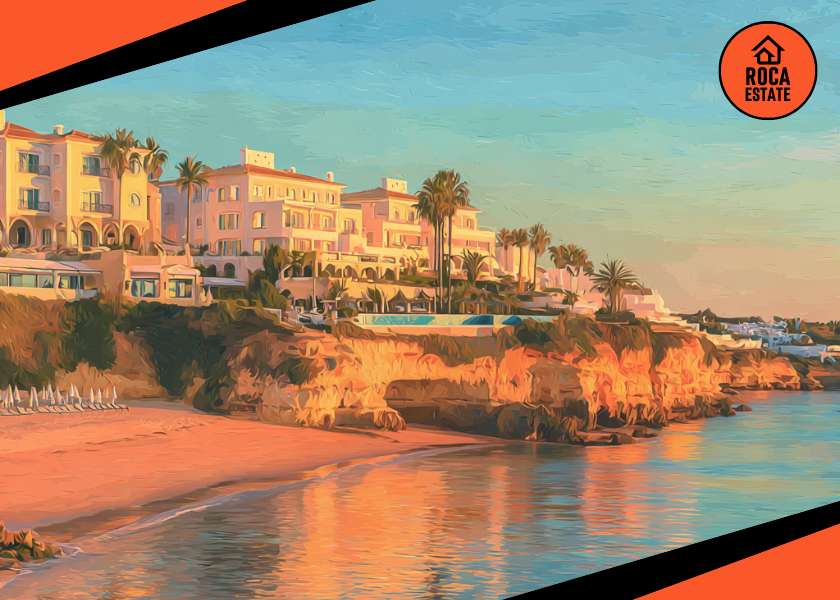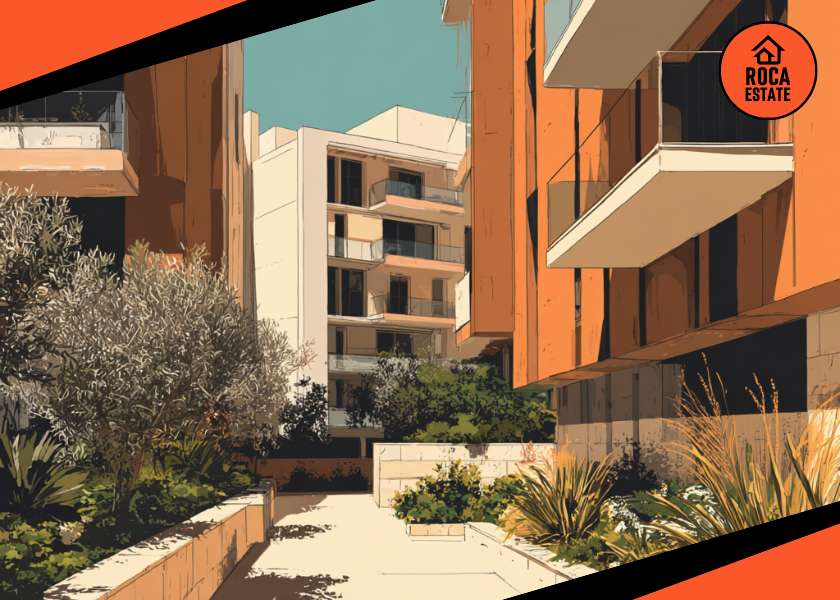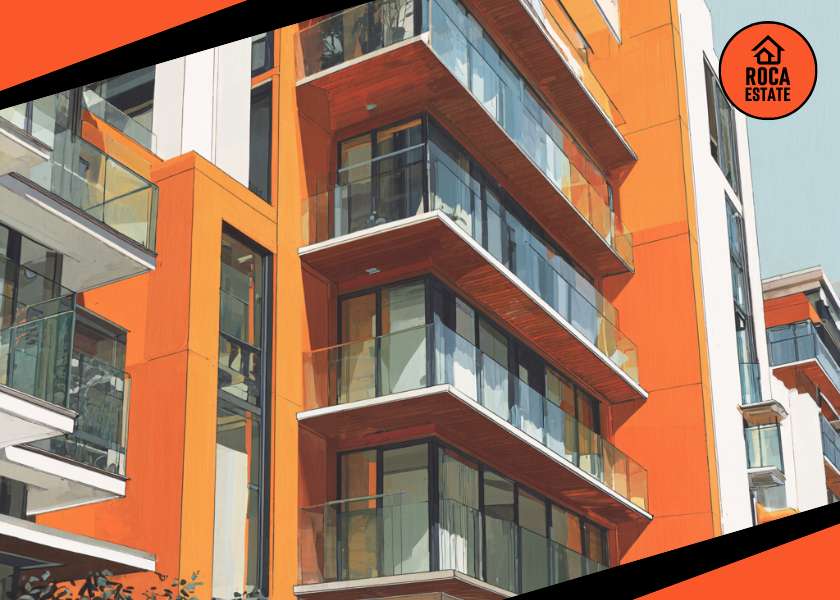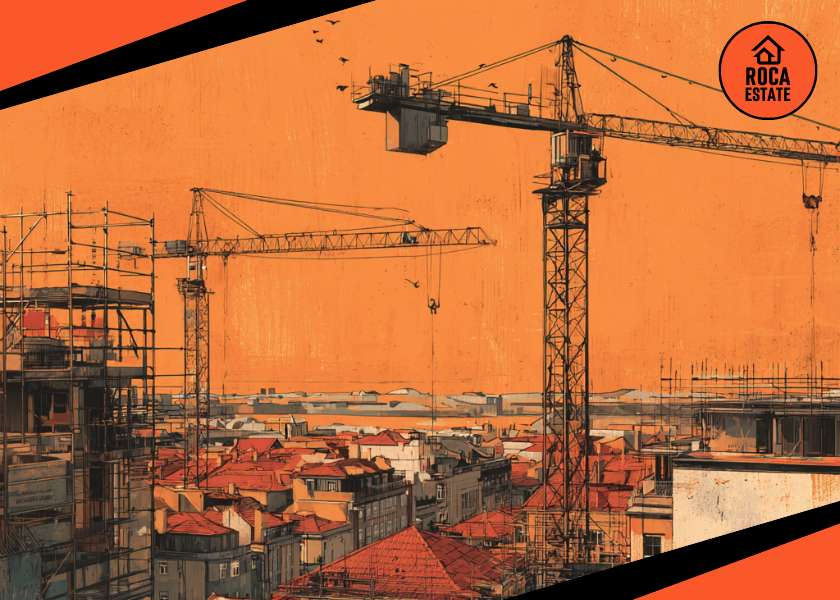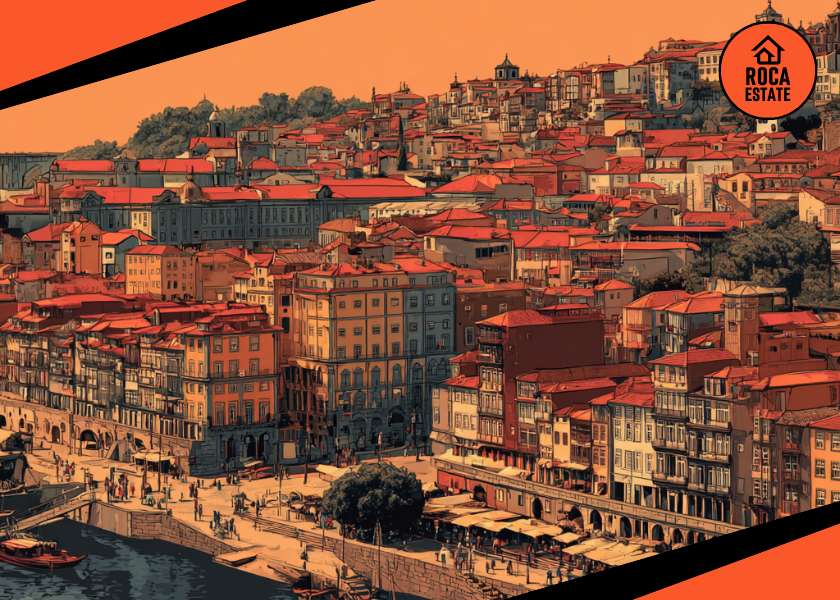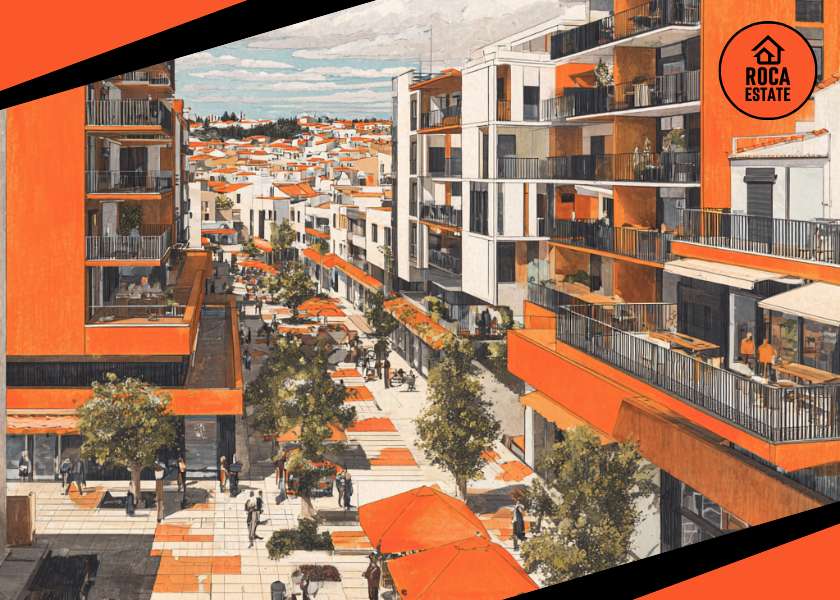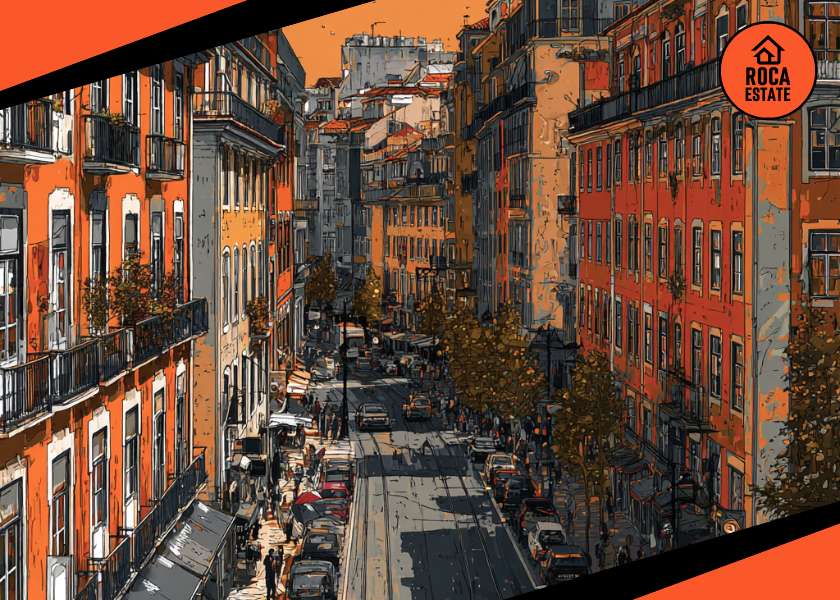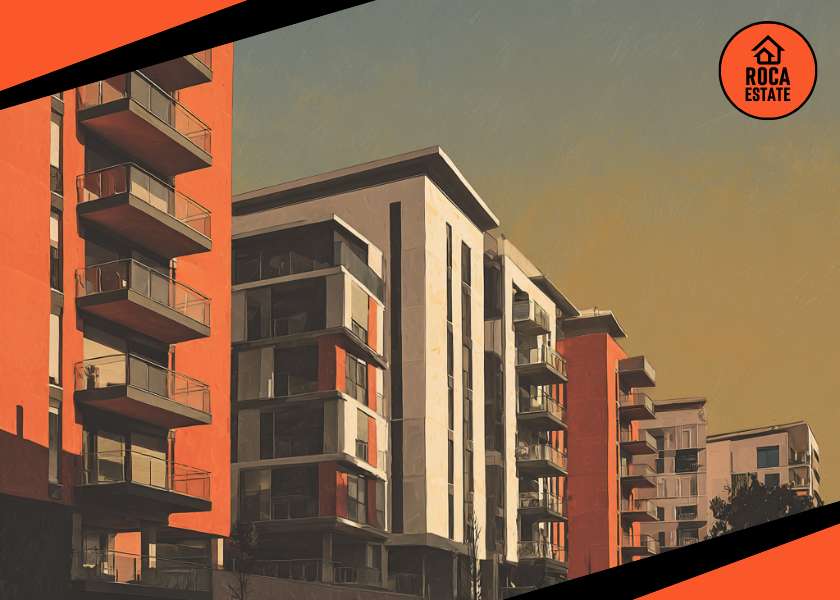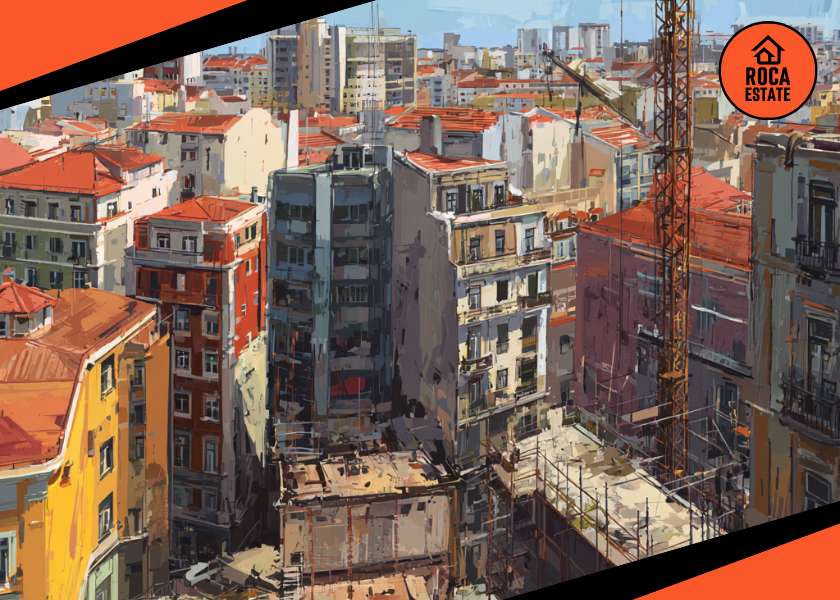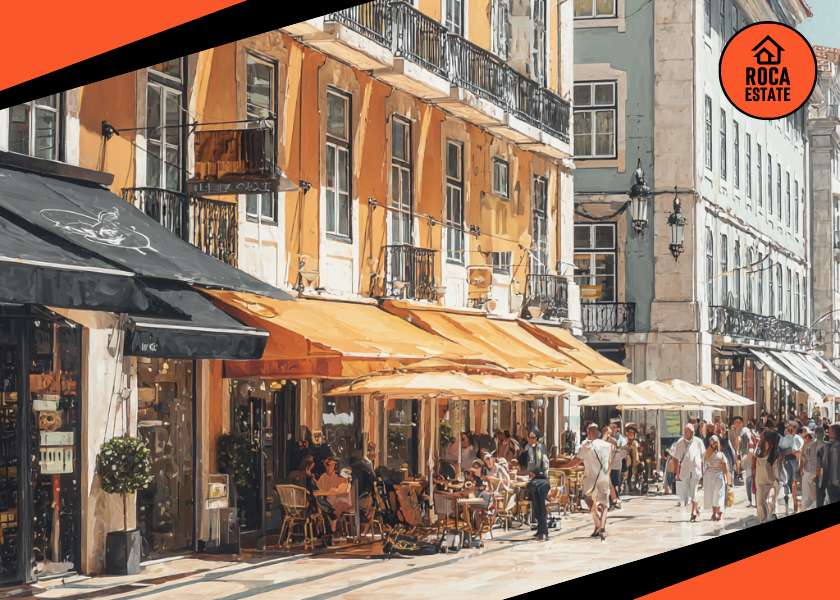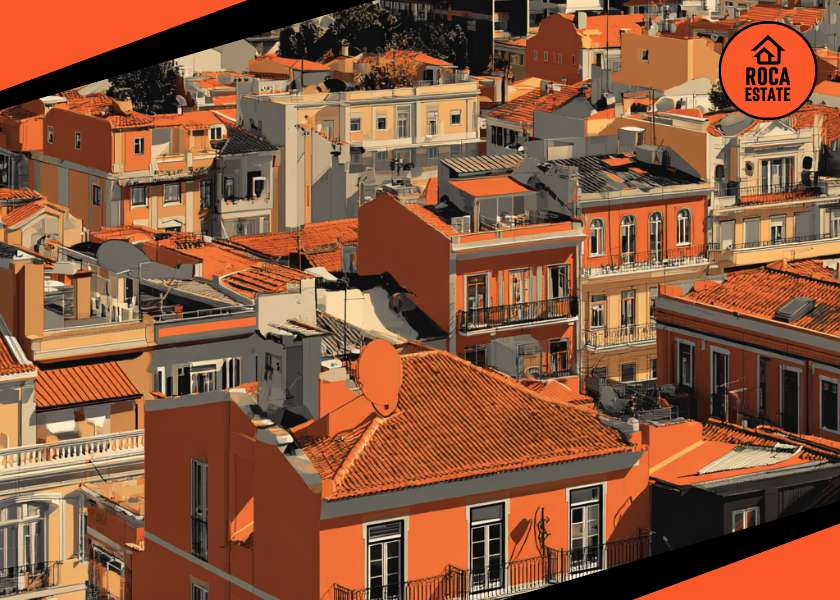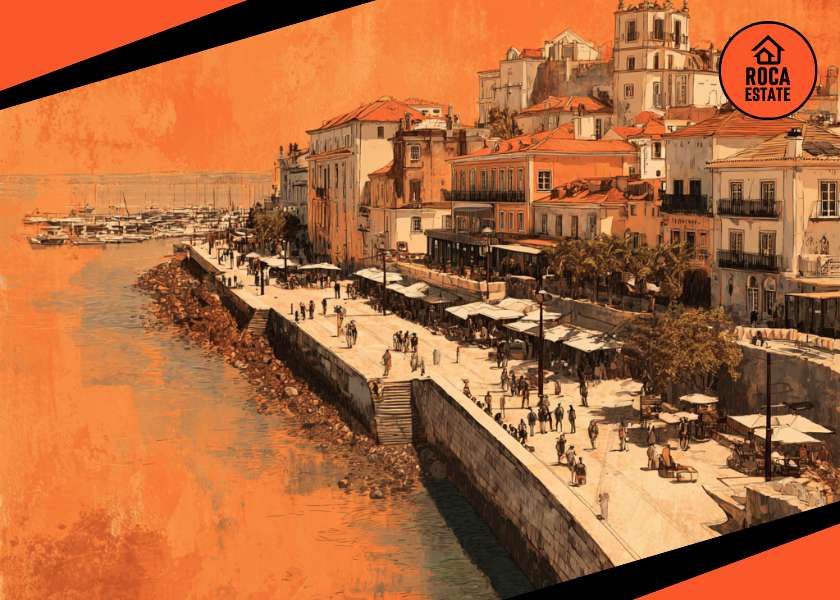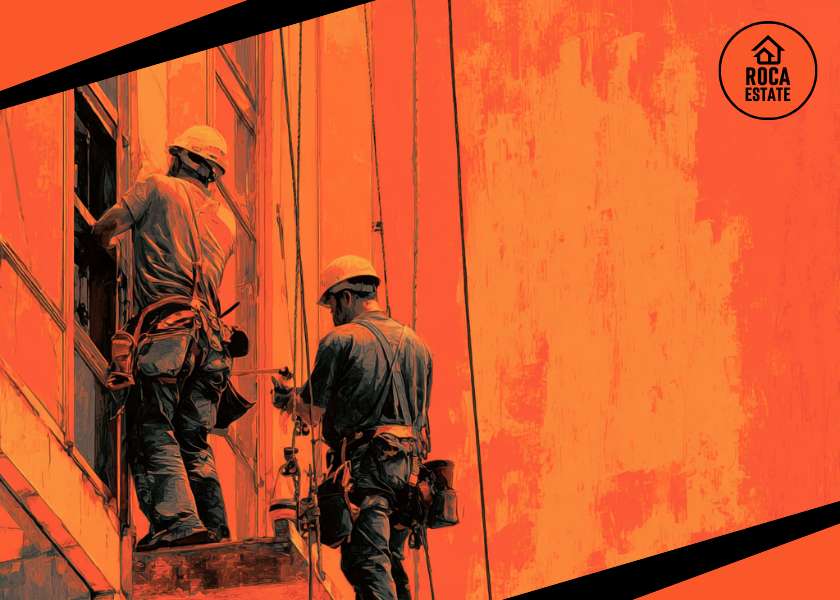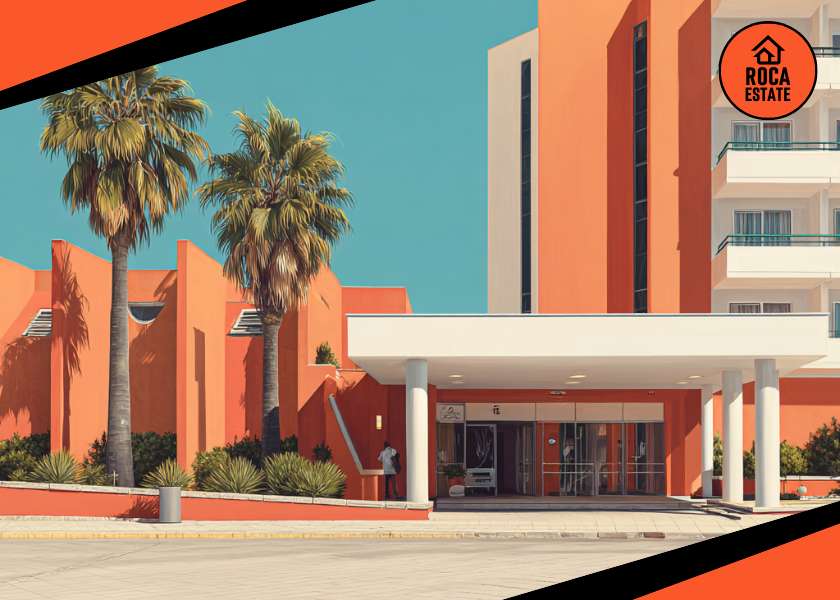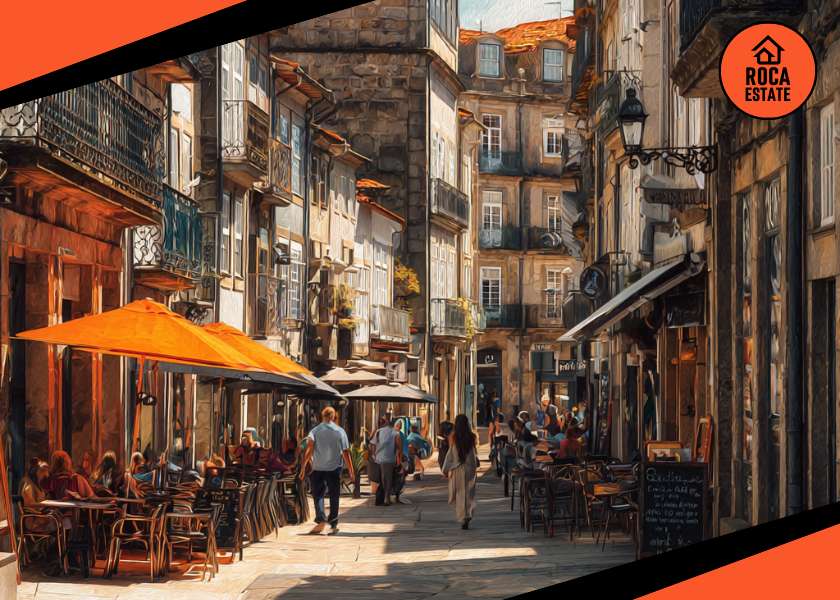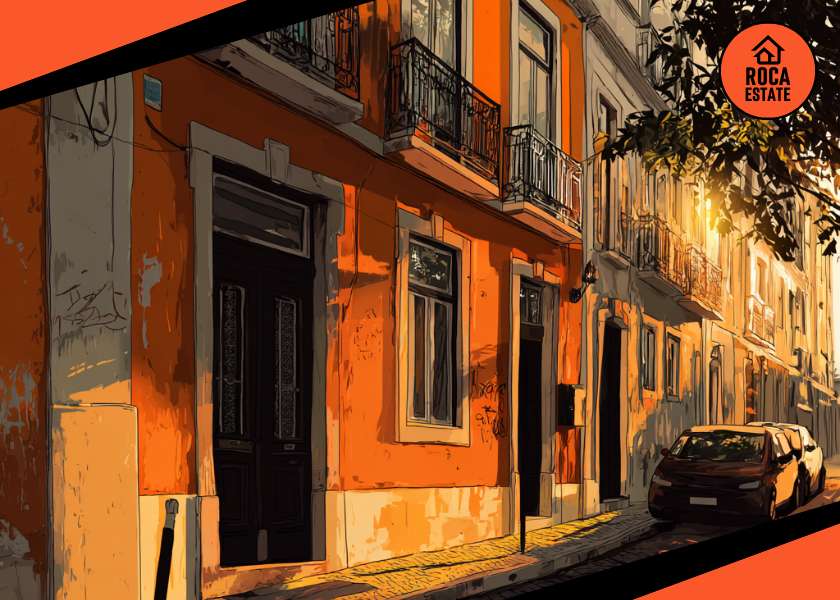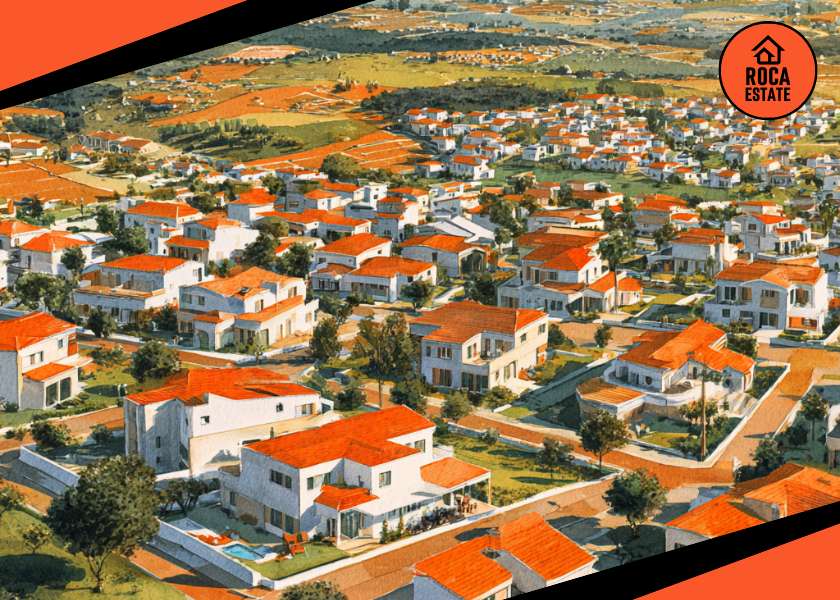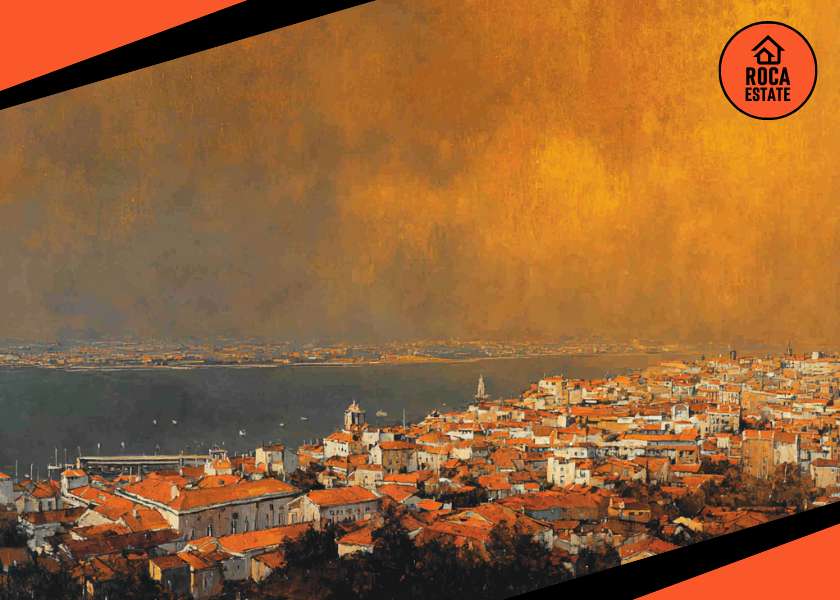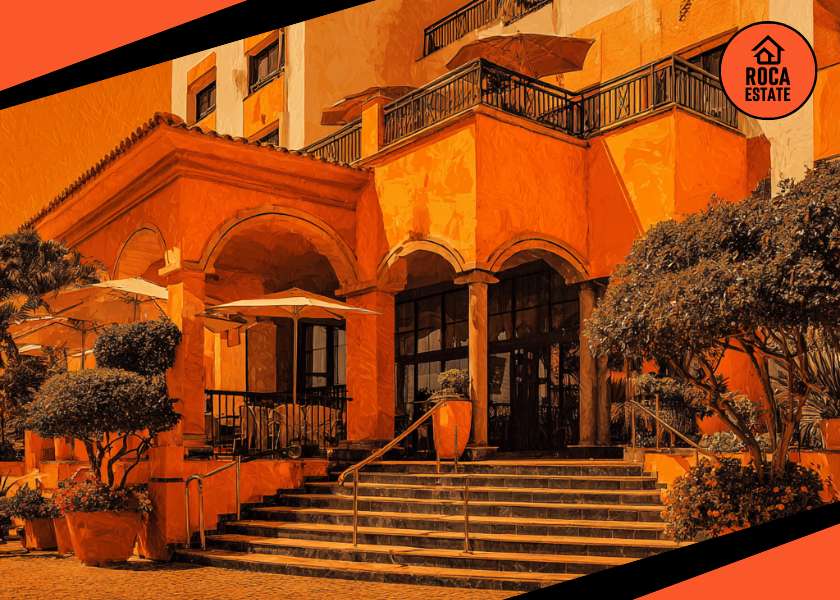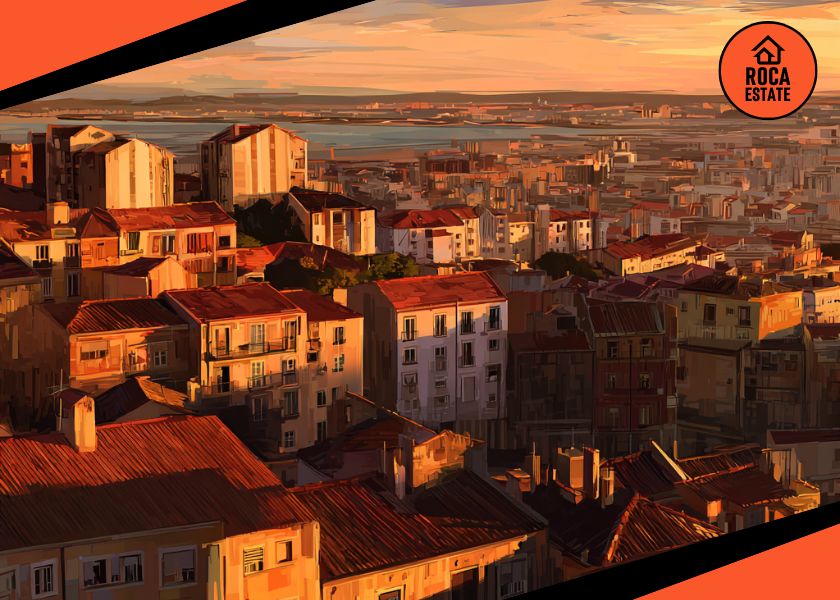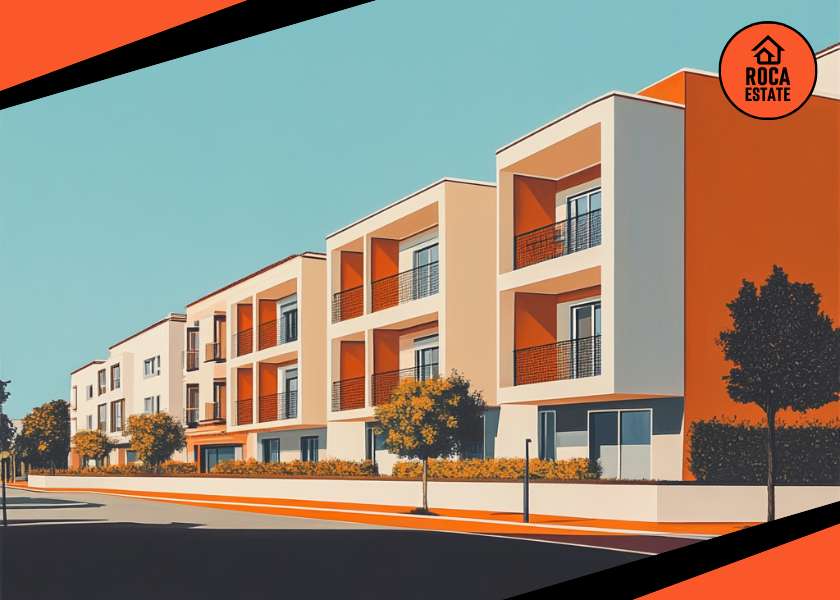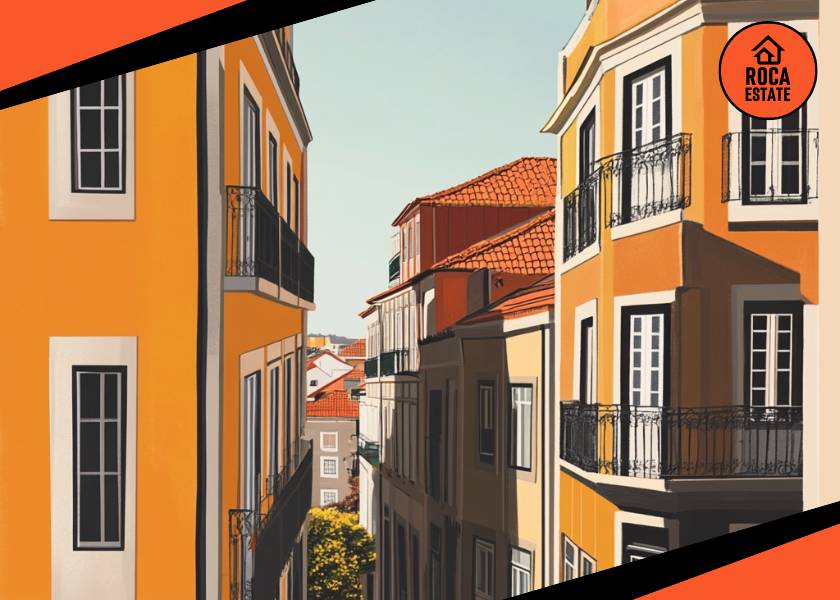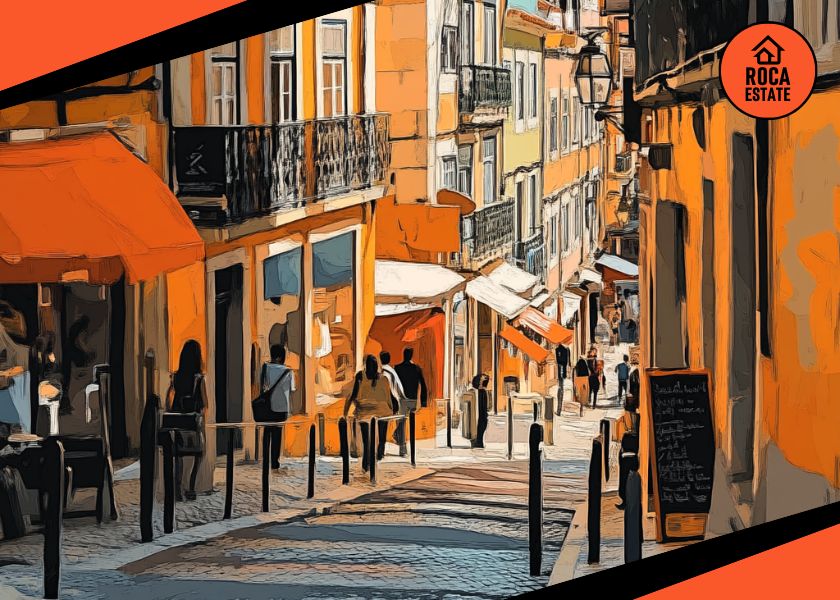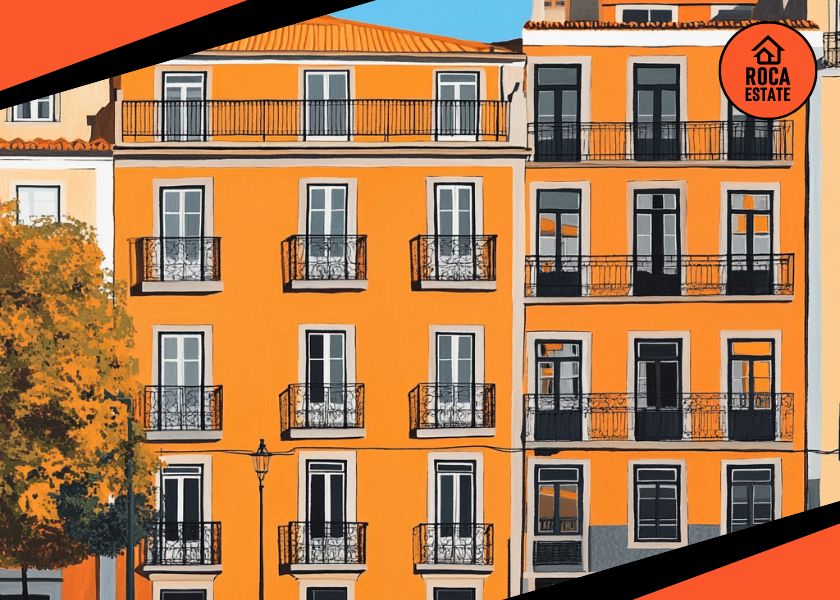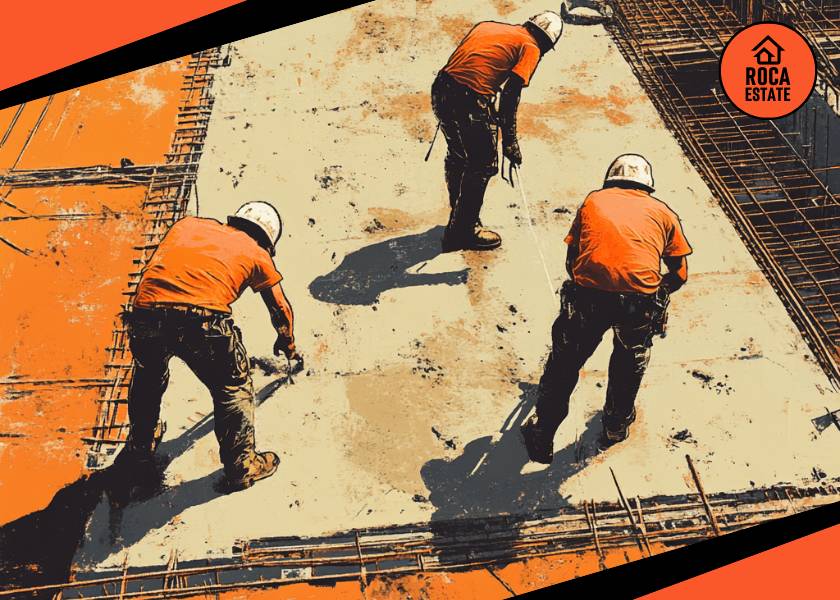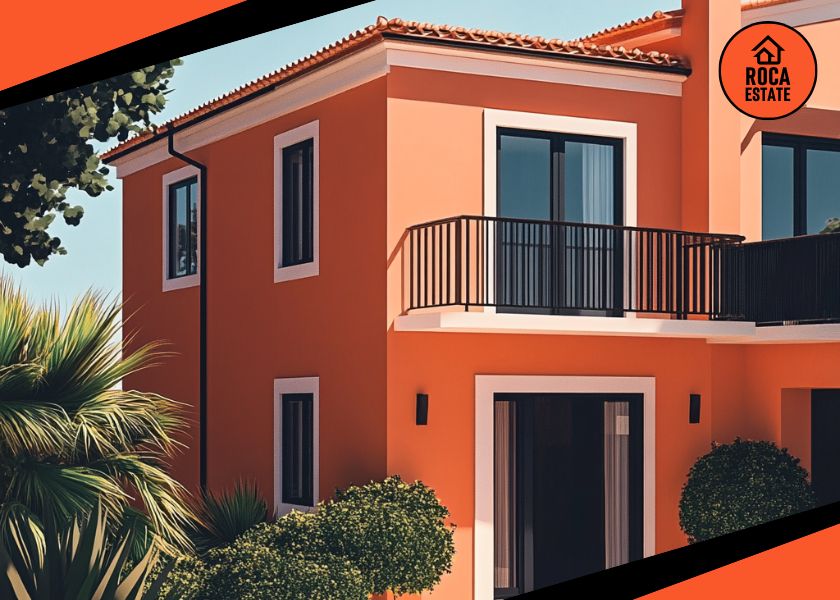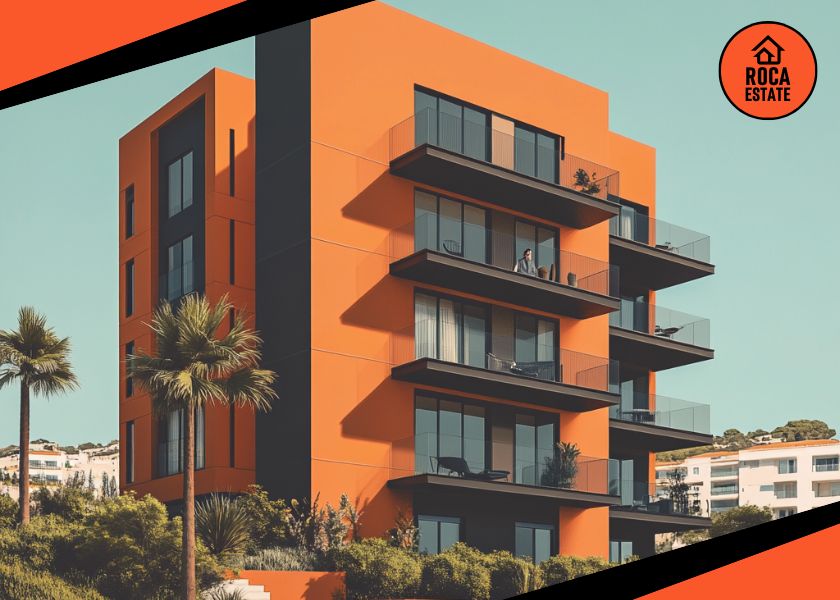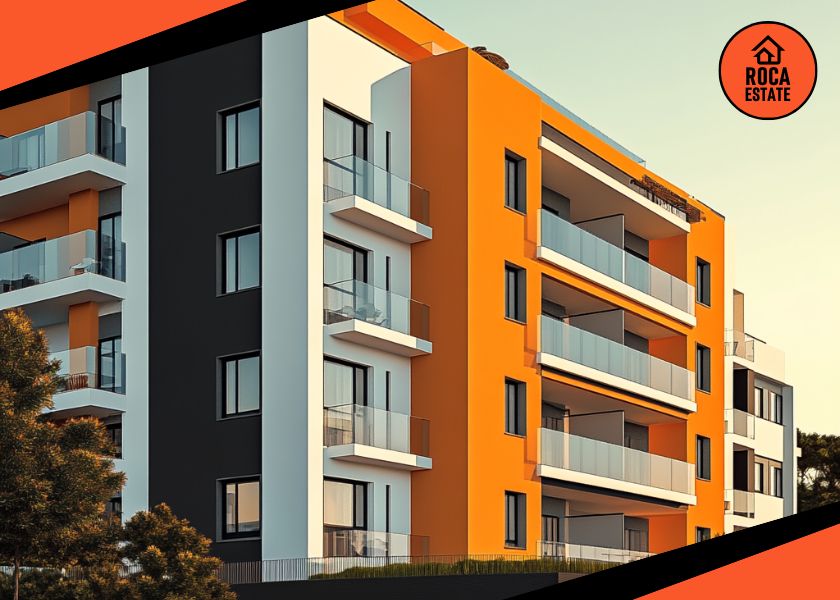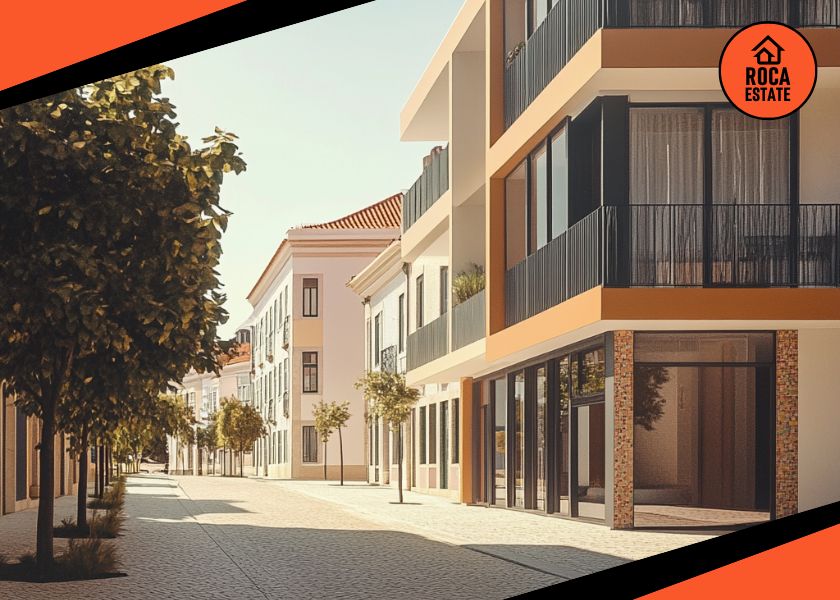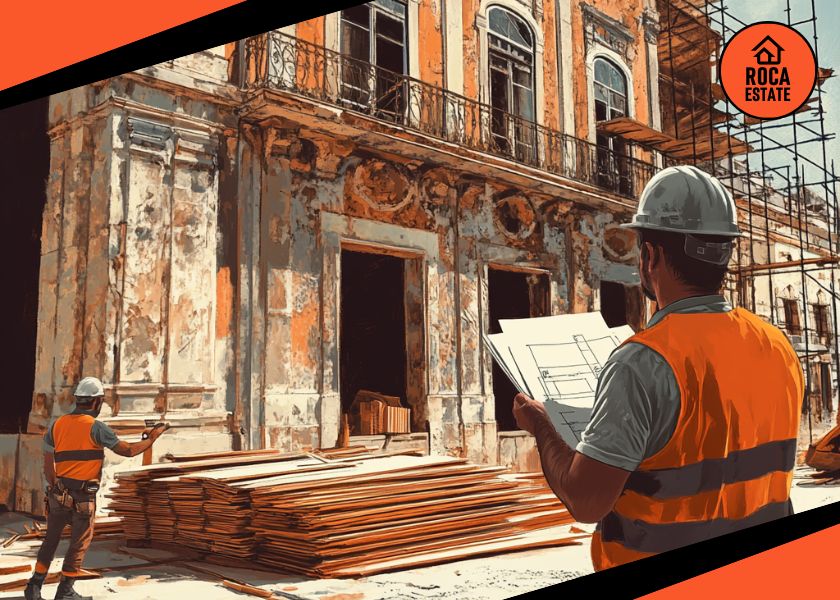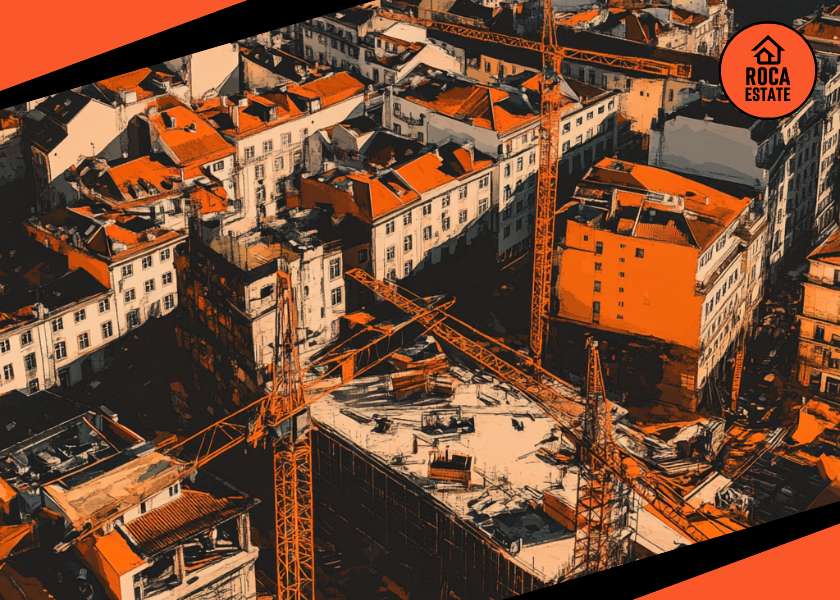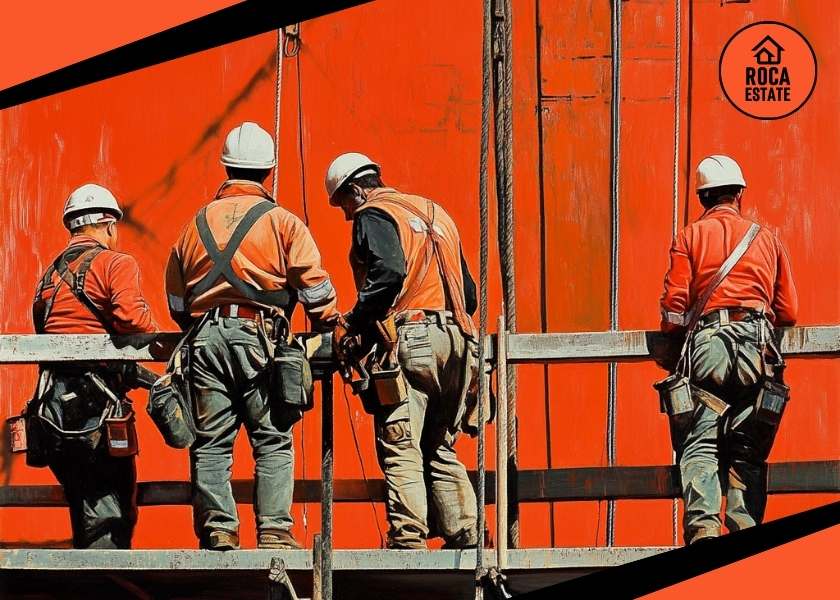Buying a property in Portugal may be an option if you want to live your life to the fullest. Why? Portugal is a lovely, warm country with 1,794 kilometers of coastline. Imagine living in a hot climate with constant access to the sea wind. That’s exactly what we mean.
It is necessary to understand the legal processes, registrations, charges, taxes, and other relevant tactics when looking for houses or apartments for sale in Portugal. Do you want to buy a dream property in Portugal? This post will provide you with some vital information.
How Do You Buy Property in Portugal?
First, you must discover a path that will take you to acquire real estate in Portugal. Our real estate agency will surely help with that.
Let’s go over the procedure after you’ve decided on the property you want to buy. The NIF (Portuguese Tax Number) is necessary to purchase a Portuguese property. To get it, locate any government finance office and properly visit it. Then you must complete the following steps:
- If you intend to take out a mortgage, consider which one will work best for you;
- No one says you can’t haggle or negotiate. Begin by discussing the price with the seller;
- Once the price is agreed upon, give a down payment (usually € 10,000 is enough);
- Then there is a CPCV (Contrato-Promesa De Compra e Venda) to sign and get two-sided guarantees (usually, 10% of the price);
- Sign and notarize the property deed or Escritura Publica de Compra e Venda.
Taxes When Purchasing a House in Portugal
Because Portugal is a country of fines, obtaining property taxes is an important topic. There is a possibility of receiving penalties if these taxes are not paid correctly. Obligations must be met while acquiring property in Portugal, and this should not be disregarded.
Taxes are unavoidable, thus there is no way to avoid them. In Portugal, there are three property-related duties:
- The municipal property tax – IMI
- The municipal real estate transfer tax – IMT
- The Stamp Duty Tax – IS
The Municipal Property Tax IMI
This is a tax charged on the property’s worth that must be paid yearly beginning with the day the customer purchases the property. This money is used to finance Portugal municipalities and support public infrastructure.
IMI = TPV (value of the asset) x applicable rate
The rate is defined by Portuguese municipalities individually. There goes the IMI calculation too. It is built on interval charts given in CIMI (Municipal Real Estate Tax Code). The IMI for city properties is 0.3 – 0.5%.
The IMI is scheduled to be paid in April, although it can be done in the following ways:
- Less than 250 euros: it is mandatory to pay in April;
- € 250-500: there are 2 installments;
- More than € 500: 3 monthly payments possible.
Also, you can exempt paying the IMI in two ways:
Temporary. If a property is purchased as a principal residence and is worth less than € 125,000 and the household’s taxable income is less than € 153,300, the latter may be exempt from paying the IMI for three years.
Permanent. This one demands an annual taxable income of no more than € 15,295 for the household. This is 2.3 times the annual value of the monthly benchmark social support index of 475 euros (as of the beginning of 2022).
The Municipal Real Estate Transfer Tax – IMT
This tax is charged to the property’s cost or the cost mentioned in the sale deed whenever the property is acquired in Portugal.
Before purchasing real estate, remember that IMT should be paid! It depends on the property type (urban or rural), whether it is a primary or secondary market, and the location.
IMT = Value of the deed or net worth tax (choose the higher of the two) x Rate to apply – tax reduction
Exemption. The residence must be used primarily for clean and permanent occupancy in order to qualify for the IMT exemption. Its value cannot exceed € 92,407 in the continental part of Portugal and € 115,509 in the autonomous areas.
The Stamp Duty Tax – IS
There are two ways the tax on the stamp duty to be applied:
- IS on mortgages. In the event of a housing loan, the buyer is required to pay stamp duty on the amount financed. The IS should be paid when the financing money is sent to the client’s (who is purchasing a property in Portugal) bank balance. That is 0.6% IS for mortgages with a repayment period of more than 5 years, and 0.5% IS for mortgages with a repayment period of fewer than 5 years.
IS = Value of the property loan x 0,6% (when repayment time is more than 5 years) - IS on the purchase and property`s sale. Real estate acquisitions and transactions in Portugal necessitate the payment of a stamp duty of 0.8%. A property buyer must go to the notary and pay this tax while the sale deed is signed.
IS = Cost of the tax asset (highest one) or Write cost x 0.8%
The Closing Note
You can assess the cost of your ideal house after knowing the tax factors involved in purchasing real estate in Portugal. Make good judgments and, above all, avoid being caught off guard by unexpected expenses.

